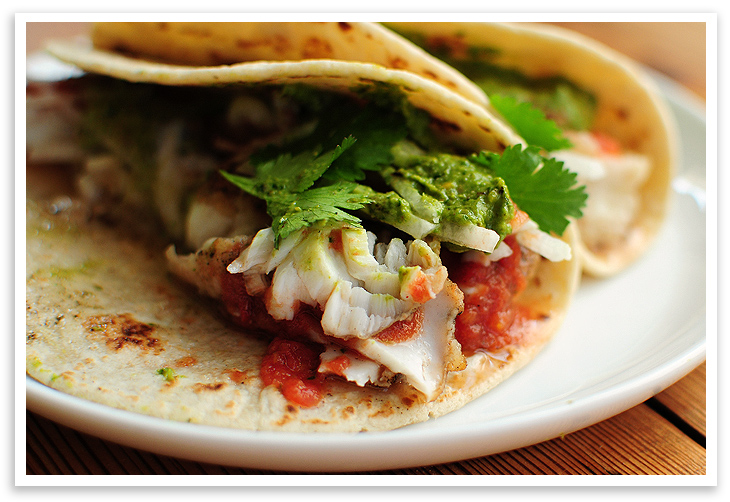
In our contemporary culture, where daily addictions abound on just about anything from indulging in too much chocolate, shopping, or junk food, it’s hard to conceive of a time when vices were actually permissible, at least for a brief time. The period I’m referring to, of course, is Carnival!* Whether we conjure up images of elegant masks of the Venetian Carnival or the tossing of beaded necklaces during New Orlean’s Mardi Gras** or the most famous one, the Carnival of Rio de Janeiro, Carnival is an event we automatically relate to the excesses of human behavior. In fact, Carnival has allowed gluttony to have its place in history and has even given Lent, a time for sacrifice, even more legitimacy.
Carnival always takes place a few days just before Ash Wednesday, the first of 40 days marking the Liturgical year for Christians and ending on Easter Sunday. The origins of Carnival are debated among historians, but many have traced its beginnings to the pagan revelries of Greco-Roman traditions, when celebrating Bacchus, the Roman god of wine, included consuming a hefty quantity of food and especially wine, and quite possibly partaking in an orgy or two! These bacchanals survived throughout time, not without, however, attempts during more puritanical periods in history, to neutralize or sanitize them. During the Middle Ages, when the Church was at its most powerful, these feasts not only allowed a primordial gaiety to express itself in the streets and market places, but the event itself also encouraged the masses to mock and satirize feudal and church authority through street performances and public displays of humor, which at times took on grotesque forms of expression. Besides, the clergy knew human psychology all too well: why censure activities that promoted carnal excess, when Christian ideas such as redemption, purification, and self-denial could be practiced with more zeal during Lent? After all, what is there to purify and redeem, if there isn’t a little sinning going on? Today, for many of its participants, Carnival has become disengaged from the rhythms of religious cycles and rituals, and has reduced itself simply to a secular event of spectacle and indulgence, sponsored by big money.
If Carnival is an acknowledgement of material pleasures, Lent, on the other hand, is a time for nourishing the soul, a time to abstain from carnal desires. Lent marks the beginning of Jesus’ trials in the wilderness, during which he fasted and resisted temptation. In modern practices, this act of self-sacrifice translates to fasting or refraining from eating red meat or any other pleasurable treat you’ve decided to give up. Catholics usually fast on Friday’s in commemoration of the Crucifixion and death of Jesus on Holy Friday. For many of us growing up in Latino, Catholic families, our mothers probably prepared vegetarian and/or pescetarian dishes on Friday’s. And after reading tomorrow’s article on Lenten gastronomy in Latino cultures, you will be asking yourself how in the world are these tasty dishes supposed to be symbolic of self sacrifice!
As the intimate relationship between Carnival and Lent unfolded through time, Play and Sacrifice were woven into the fabric of life. They conferred collective life a social meaning and rhythm, one that allowed for earthly pleasures to exist, without, quite possibly, the feelings of guilt and sense of failure that are a part of the consequences of modern-day addictions and binging. Maybe we don’t need as many motivational speakers and self-help books to tell us we need to fix or neutralize our needs and desires. Maybe we should learn from the Greek-Roman and Medieval traditions which seemed to acknowledge the needs of the body –through Carnival– and the need to develop the spirit—through Lent– to give our modern life a much needed balancing act.
*Carnival comes from the Latin, “carne” = meat and “levare or vale” = to take away or to say goodbye. The word literally expresses “to take away meat or to say goodbye to meat, or carnal pleasures.” Other etymological explanations have also been accepted for the origin of the word, carnival.
**Mardi gras comes the French, “mardi” = Tuesday (similar to ‘martes’ in Spanish) and ‘gras’ = fat. It refers to the day of merrymaking before the Lenten season.
